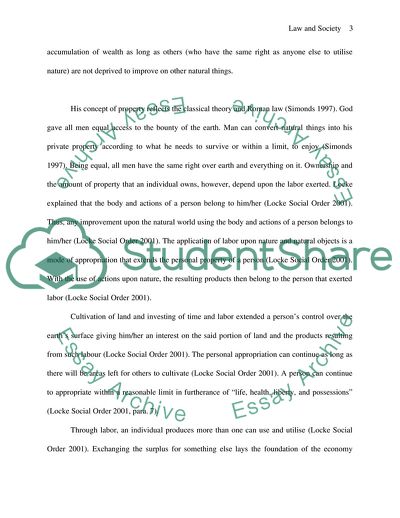Cite this document
(Importance of the Concept of Private Property in the Political Philoso Essay, n.d.)
Importance of the Concept of Private Property in the Political Philoso Essay. https://studentshare.org/law/1731566-law-and-society-law
Importance of the Concept of Private Property in the Political Philoso Essay. https://studentshare.org/law/1731566-law-and-society-law
(Importance of the Concept of Private Property in the Political Philoso Essay)
Importance of the Concept of Private Property in the Political Philoso Essay. https://studentshare.org/law/1731566-law-and-society-law.
Importance of the Concept of Private Property in the Political Philoso Essay. https://studentshare.org/law/1731566-law-and-society-law.
“Importance of the Concept of Private Property in the Political Philoso Essay”. https://studentshare.org/law/1731566-law-and-society-law.


